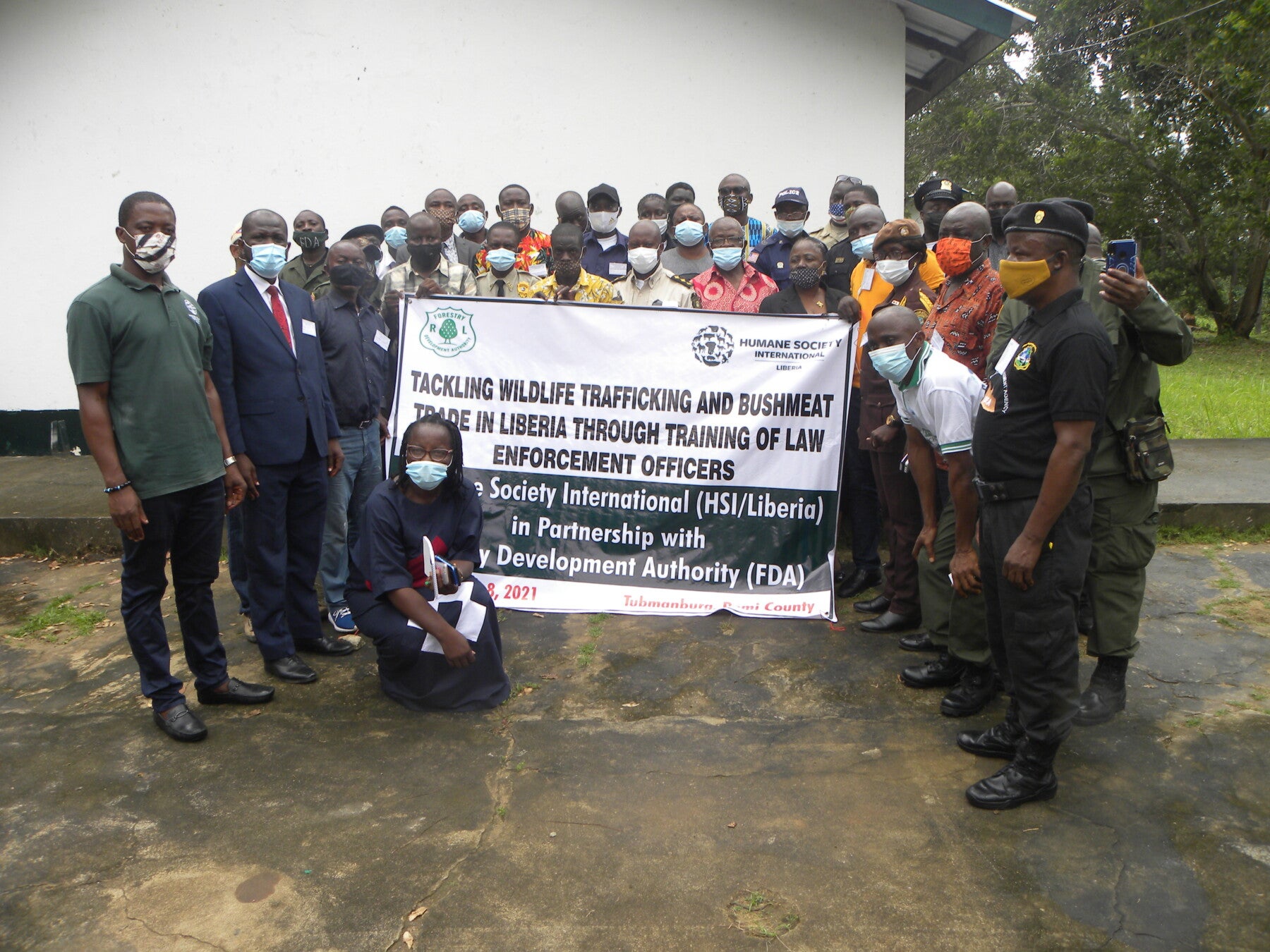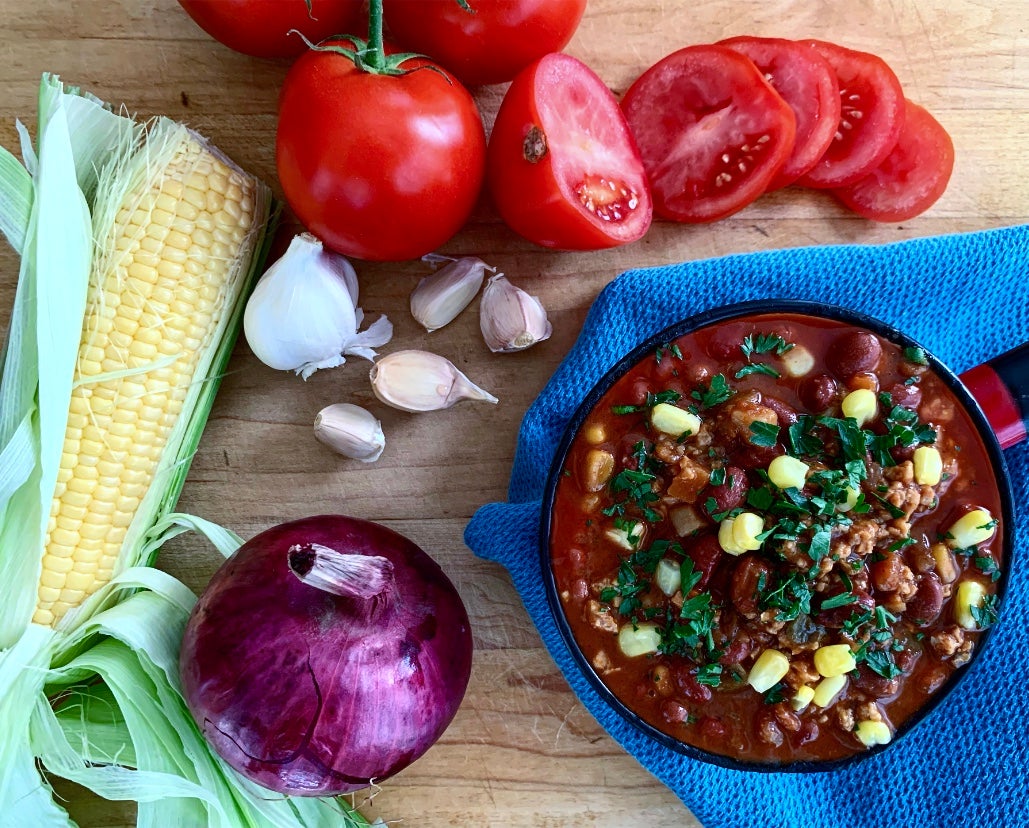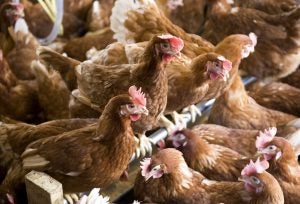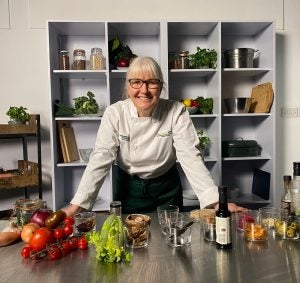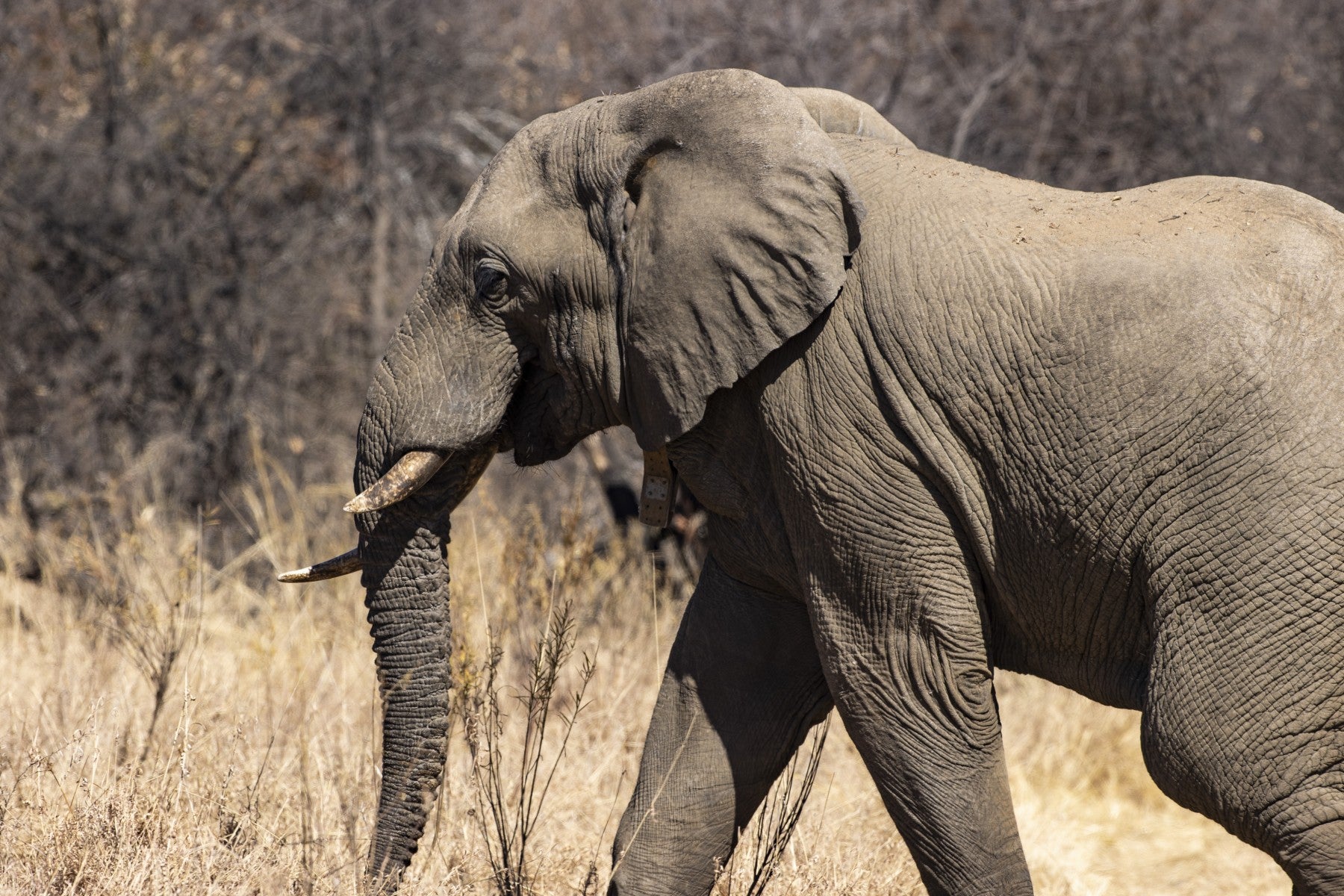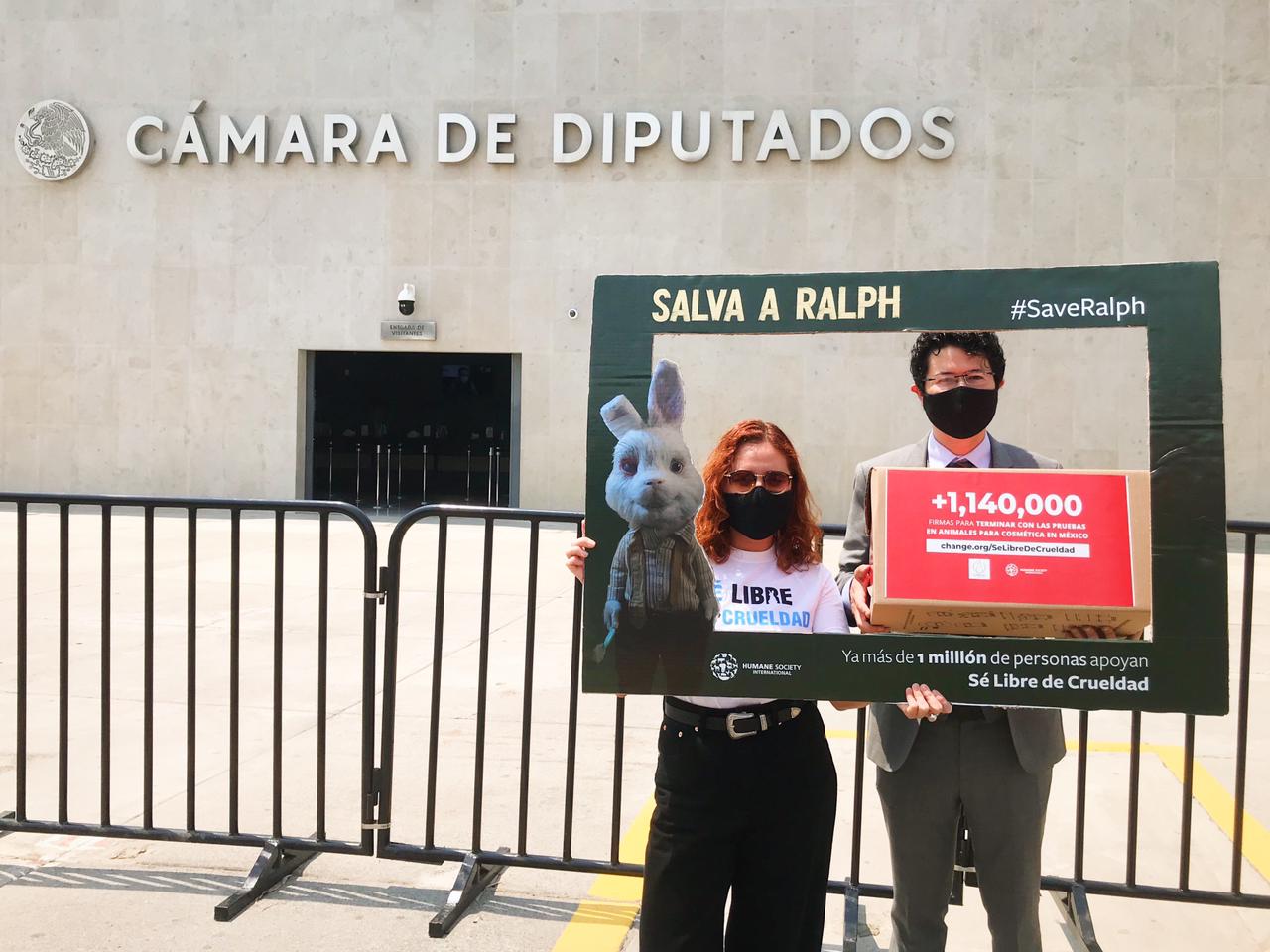
BRUSSELS—The European Parliament has adopted a resolution vote calling on the European Commission to establish an EU-wide Action Plan for the active phase out of the use of animals in experiments by defining milestones and targets to incentivise progress in the replacement of animals with non-animal human-relevant methods. Nearly 10 million animals are used in invasive experiments in EU laboratories every year, including monkeys, dogs, cats, rabbits, rats and mice, a huge number of animals that has remained relatively unchanged in the last decade. The vote has been welcomed by animal welfare groups; Humane Society International called the vote “an historic opportunity to take animal suffering out of EU the equation and shift the focus to modern, cutting-edge, human relevant research.”
Whilst acknowledging European-level initiatives to reduce and refine the use of animals, the Parliament recognised that an active, coordinated approach for the full replacement of animals has not been achieved. By requiring an EU-wide action plan with an ambitious timeline and list of milestones, the European Parliament is aiming to drive the active phase-out of animals used for all scientific purposes.
Eurogroup for Animals, Cruelty Free Europe, Humane Society International/Europe, the European Coalition to End Animal Experiments and PETA, representing over 100 organisations from 24 EU Member States, have campaigned for the passing of the resolution. The groups are now calling on the Commission to make it a priority.
Troy Seidle, Humane Society International’s vice president for research and toxicology, says: “This vote signals the need for systemic change in the EU’s approach to safety science and health research, with Parliament embracing an historic opportunity to take animal suffering out of the equation and shift the focus to modern, human relevant technologies. If our goal isn’t to cure cancer in mice or prevent birth defects in rabbits, we need to let go of the unfounded belief that these animals are miniature people and get serious about understanding and predicting human biology in the real world. Human organ-chips, stem cell models and next-generation computing allow us to do exactly that, and can deliver considerable benefits in the study of uniquely human diseases and the assessment of potential new medicines and chemical safety generally. Today with this historic vote, the EU Parliament is calling for pro-active and coherent policies to phase-out animal experiments, such as preferential funding for non-animal methods, training scientists in new technologies and key regulatory changes to chemicals legislation. We call on the Commission to embrace these proposals and recognise that an Action Plan to hasten our departure from animal-based science is in all our interests.”
Opinion polls show that ending animal experiments is a priority for EU citizens: nearly three quarters (72%) agree that the EU should set binding targets and deadlines to phase out testing on animals. This is being echoed by the achievements of the recently launched European Citizens’ Initiative Save Cruelty Free Cosmetics – Commit to a Europe without Animal Testing, which has already gathered more than 119,000 signatures in less than three weeks.
While the EU Parliament vote is not legally binding, it does now place significant political pressure on the European Commission to respond (usually within three months) and act. HSI/Europe urges the Commission to create the Action Plan requested by Parliament, and stands ready to assist the Commission in devising and implementing concrete proposals.
“The European Parliament understands that the time is right for this action plan, because of the work that scientists have been doing to better understand the limitations of animal studies and the potential of non-animal models. There are no excuses to perpetuate the current level of reliance on animal experiments. It is clear that an ambitious phase-out plan, with clear milestones and achievable objectives, is the next step needed to start reducing significantly the use of animals in science.” -Tilly Metz (Greens/EFA, LU) – Chairwoman of the Animals in Science Working Group of the Intergroup on the Welfare and Conservation of Animals.
“It is now in the hands of the European Commission to establish this EU-wide Action Plan, and we expect the Commission will make this a high-level priority – Because if the Commission is serious about its commitments to EU citizens, it needs to start now the dialogue with all parties to effectively coordinate funding, education and milestones to accelerate the transition to non-animal science.” -Jytte Guteland MEP (S&D, SE) Member of the Animals in Science Working Group of the Intergroup on the Welfare and Conservation of Animals.
“This action plan is a win-win situation for humans, other animals, and the environment and it is imperative that it is led from the top in the Commission – Animal testing is relevant to so many different areas of the Commission’s responsibilities and a coordinated approach to reducing and replacing is essential. Delivering safety and sustainability without animal testing will help deliver the goals of EU Green Deal which is led by Vice-President Frans Timmermans.” -Anja Hazekamp MEP (The Left, NL) – Chairwoman of the Intergroup on the Welfare and Conservation of Animals.
ENDS
Press contacts:
• Yavor Gechev, HSI/Europe communications director: ygechev@hsi.org
• Wendy Higgins, director of international media: whiggins@hsi.org

